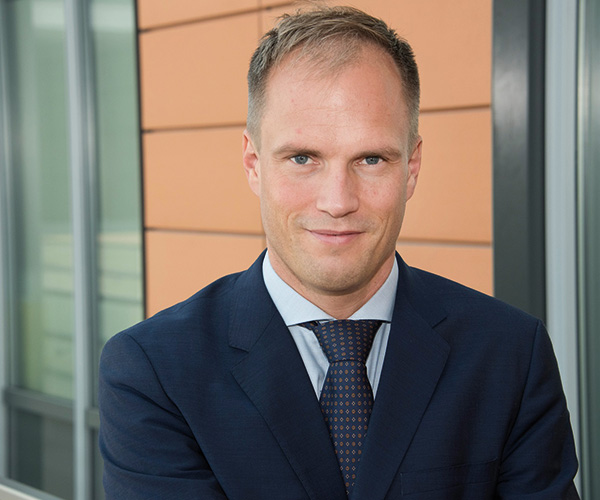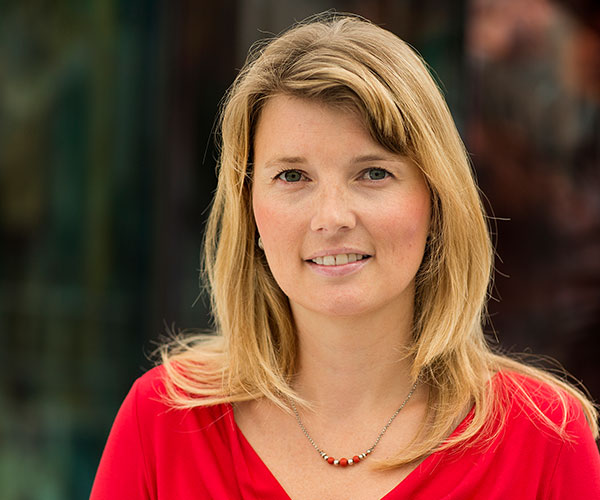Home institution
Center for Thrombosis and Hemostasis, Mainz (Germany)
Supervisory team
primary: Prof. Dr. Philip Wenzel (CTH), secondary: Dr. Judith Cosemans (CARIM), tertiary: Dr. Stefan Heitmeier (Bayer)
Project locations
CTH (Mainz, Germany), CARIM (Maastricht, Netherlands), Bayer (Wuppertal, Germany)
Joint PhD Degree
Universities of Mainz and Maastricht
Project details
In thrombo-inflammation, the broad spectrum of (patho)physiological effects is orchestrated by multicellular interactions at the vessel wall. Evidence is emerging that non-thrombotic effects of coagulation regulate diverse adaptive processes in unexpected locations and are central to the development of vascular inflammation and hypertension. Platelet localised-thrombin amplification promotes vascular inflammation in both high cholesterol and high blood pressure models of aortic aneurysm and dissection. Proof of principle inhibitors of factor XI (FXI) prevent arterial hypertension-induced end-organ damage in mouse models. We therefore hypothesise that extrinsic TF and the contact pathway of FXII converge at FXI with distinct roles in non-coagulation related signalling in vascular inflammation.
ESR2 will study the overlapping and distinct roles of FXI and FXII in vascular inflammation using knockout mouse and in vitro models. At the primary host CTH, ESR2 will use high resolution ultrasound as well as intravital microscopy imaging to determine the coagulation factor-mediated alterations of vascular structure and function and the infiltration by immune cells in vivo in FXI- and FXII-deficient mice. ESR2 will visit Bayer to characterise several FXI-inhibiting compounds in vitro. Thrombin generation assays will be applied, as developed by ESR14 for human samples. At the second host CARIM, in vitro flow chamber methods will be employed in cooperation with ESR9 to investigate the underlying mechanisms under controlled flow conditions (blood from individuals with factor deficiencies and knockout mice). Given the postulated role of neutrophil extracellular traps (NETs) in thrombo-inflammation, a collaboration with ESR4 will be established to unravel contact phase-dependent mechanisms of NET formation, and apply this knowledge at the CTH to high blood pressure related vascular remodelling. In addition the novel FXI inhibitors will be tested in vivo.
References
- Lagrange J, Kossmann S, Kiouptsi K, Wenzel P. Visualizing leukocyte rolling and adhesion in angiotensin ii-infused mice: Techniques and pitfalls. Journal of visualized experiments : JoVE. 2018 Jan 4;(131). doi: 10.3791/56948
- Kossmann S, Lagrange J, Jackel S, Jurk K, Ehlken M, Schonfelder T, Weihert Y, Knorr M, Brandt M, Xia N, Li H, Daiber A, Oelze M, Reinhardt C, Lackner K, Gruber A, Monia B, Karbach SH, Walter U, Ruggeri ZM, Renne T, Ruf W, Munzel T, Wenzel P. Platelet-localized fxi promotes a vascular coagulation-inflammatory circuit in arterial hypertension. Sci Transl Med. 2017;99(375). pii: eaah4923.
- Kuijpers MJ, van der Meijden PE, Feijge MA, Mattheij NJ, May F, Govers-Riemslag J, Meijers JC, Heemskerk JW, Renne T, Cosemans JM. Factor xii regulates the pathological process of thrombus formation on ruptured plaques. Arterioscler Thromb Vasc Biol. 2014;34:1674-1680
Desirable student skills
- Laboratory skills such as cell culture, cell separation, mRNA extraction and expression analysis, immunoblotting are essential. Flow cytometry, microscopy, immunohistochemistry are desirable.
- Advanced training in animal models of cardiovascular disease (ischemia/reperfusion, hindlimb ischemia, venous thromboembolism, atherosclerosis or else) are desired. Knowledge in live-imaging techniques such as high-frequency ultrasound or intravital videomicroscopy are advantageous


